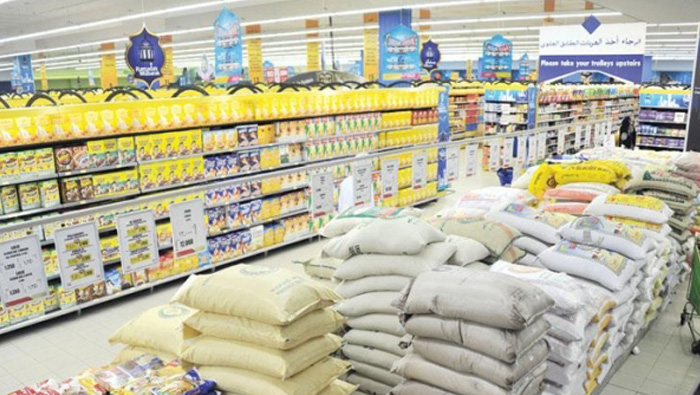
Muscat: Oman’s concerted plans to become a food-secure nation and provide locally-grown produce for all who live in the Sultanate are well underway.
That’s the opinion of Saleh Al Shanfari, CEO of Oman Food Investment Company (OFIC), a state-owned organisation set up to develop food security projects to reduce the amount of food Oman imports from overseas, while providing employment for talented people.
“In 2008, there was a global food crisis, and that has created concerns all over the world for countries to positively move towards food solutions,” said Al Shanfari. “In Oman, we saw this as an opportunity and were well positioned to capitalise on this because we have an open sea, a good number of ports with access to markets, and we have access to sources of food, as well as arable land in various parts of the country.
“With 45 million people in the GCC countries, these nations only produce 10 per cent of their own food needs,” he added.
Fill the gaps
“Oman has a long history with livestock, agriculture and fisheries, so we could meet the demand, and we could also fill many of the gaps that were present.”
Two of the major projects OFIC are working on include the Mazoon Dairy Farm in Buraimi and the Namma Poultry Farm in Dhahirah, which are also in keeping with the Tanfeedh programme for economic diversification.
“Mazoon Dairy was the first programme we announced, with a total investment of OMR100 million, with the intention of locally providing all the dairy products that are normally imported from abroad,” said Al Shanfari. “Local production is currently not sufficient to meet market needs, so we decided to heavily invest in the dairy sector.
“We do have a good number of strategic and financial investors who saw that they could help meet the demand,” he added.
“This is a great opportunity for Oman to have its own dairy company, so that we can have enough quality fresh milk and dairy products. We expect that a year from now we will have milk flowing from the farms, and we are looking at various heifers – female cows who will come here when pregnant – and the first batch will come here in September. We are sourcing them from various places, including Australia, New Zealand, North America and Europe.
“It is dependent on the breed, quality, genetics and prices, and on the volume of milk we will want later on,” said Al Shanfari. “We are looking at a volume of one million litres a day, but that will be in ten years’ time. We are looking to start at about 250,000 litres a day, before gradually moving up to our target.” Namma Poultry farm will be located in the town of Ibri, the capital of the Dhahirah governorate.
Strategic move
“This is a strategic move we have had with Al Saffa Poultry and financial investors,” he added. “Locally, there is a demand for white meat, so we are developing a project to provide enough volume of quality halal white meat that guarantees freshness on our tables. This is also another OMR100 million project which will hopefully be completed towards the end of 2019.”
“These types of project will add a lot of value, in terms of import substitutions, job creation and GDP promotion. Oman needs these project at the moment,” added Al Shanfari. “The design of our projects always puts priority on the welfare of animals. We will design farms with proper sheds and proper air movement systems. We have international designers who have done this before, and they will take this into consideration. In addition, we have a commitment to be environmentally friendly. For example, the slurry from our cattle farms will be sent to a bio-gas plant to provide energy.”
He also said that OFIC remained committed to putting the needs of the country and its citizens first.
“We spread our projects across Oman so that we can harness the qualities of each wilayat, and increase the value we give to the country for maximum impact,” explained Al Shanfari. “We are working closely with the agribusiness SMEs and the farmers’ associations, and we will be entering into production contracts.
“Part of our mandate is to attract talent from the given wilayats and the surroundings,” he added. “We are working very closely with the walis of these areas, the Ministry of Labour and various colleges and universities, to provide on-job training and ensure that these jobs are run by locals from the community.”